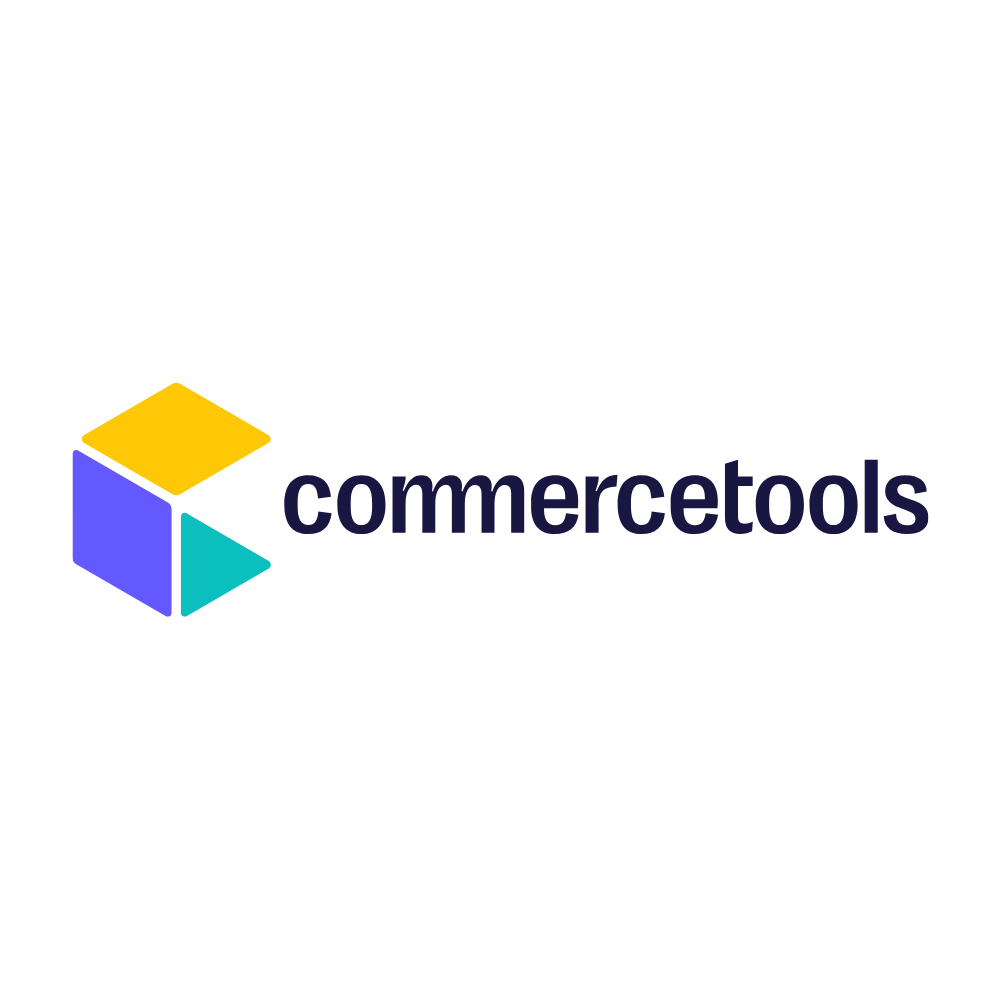Headless tools, particularly in the context of direct-to-consumer (DTC) brands, refer to a type of content management system (CMS) architecture where the back-end (content repository) is decoupled from the front-end (presentation layer). This separation allows brands to manage and store content in a central location (the headless CMS) and deliver it to various platforms (like websites, mobile apps, or IoT devices) via APIs.
The importance of headless tools for DTC brands lies in their flexibility and scalability. They enable brands to deliver content consistently across multiple channels and devices, providing a cohesive customer experience. This approach is especially valuable in today’s diverse digital landscape, where consumers engage with brands through various touchpoints.
Popular headless tools include Contentful and Strapi. Contentful is renowned for its cloud-native, API-first approach, offering robust scalability and integration capabilities. It's popular among brands looking for a reliable and flexible solution to manage and deliver digital content across different platforms. Strapi, an open-source headless CMS, stands out for its customization and self-hosting capabilities, offering businesses complete control over their content and infrastructure. Both tools are favored in the DTC sector for their ability to streamline content management processes and enhance cross-platform content delivery.
The headless space is moving fast. The technologies are evolving everyday and the move away from monolithic stores is happening faster than ever, in large part due to Shopify’s latest Hydrogen offering. To set up a headless store, you’ll need a strong stack. Some parts will power the CMS (like Sanity) and others will control the frontend like Pack. Others will do a bit of both like Builder. Here are all the tools you should know.

Next.js is an open-source React based JavaScript framework created by Vercel. Next.js boasts many features that align with the specs required for eCommerce projects, including; Live collaboration tooling, image optimization for seamless product discovery, built-in internationalization, and built-in analytics.

commercetools is a leading composable commerce platform built for enterprise growth in the digital era. Trusted by global brands, it delivers flexible, scalable solutions for B2C, B2B, and in-store experiences. With MACH® architecture and AI-ready capabilities, commercetools empowers businesses to unify channels, personalize customer journeys, and innovate quickly. Its modular design lets teams activate only the components they need, reducing costs and complexity. Backed by 99.99% uptime and enterprise-grade support, commercetools future-proofs commerce strategies worldwide.

Kibo Commerce provides a composable, unified commerce platform that enables brands to integrate e-commerce, order management, subscriptions, and fulfillment across B2B and B2C channels. Their API-first, cloud-native architecture helps businesses streamline operations, deliver seamless customer experiences, and scale without vendor lock-in. With modules for inventories, AI-search, and multiple storefronts, Kibo empowers digital commerce transformation.